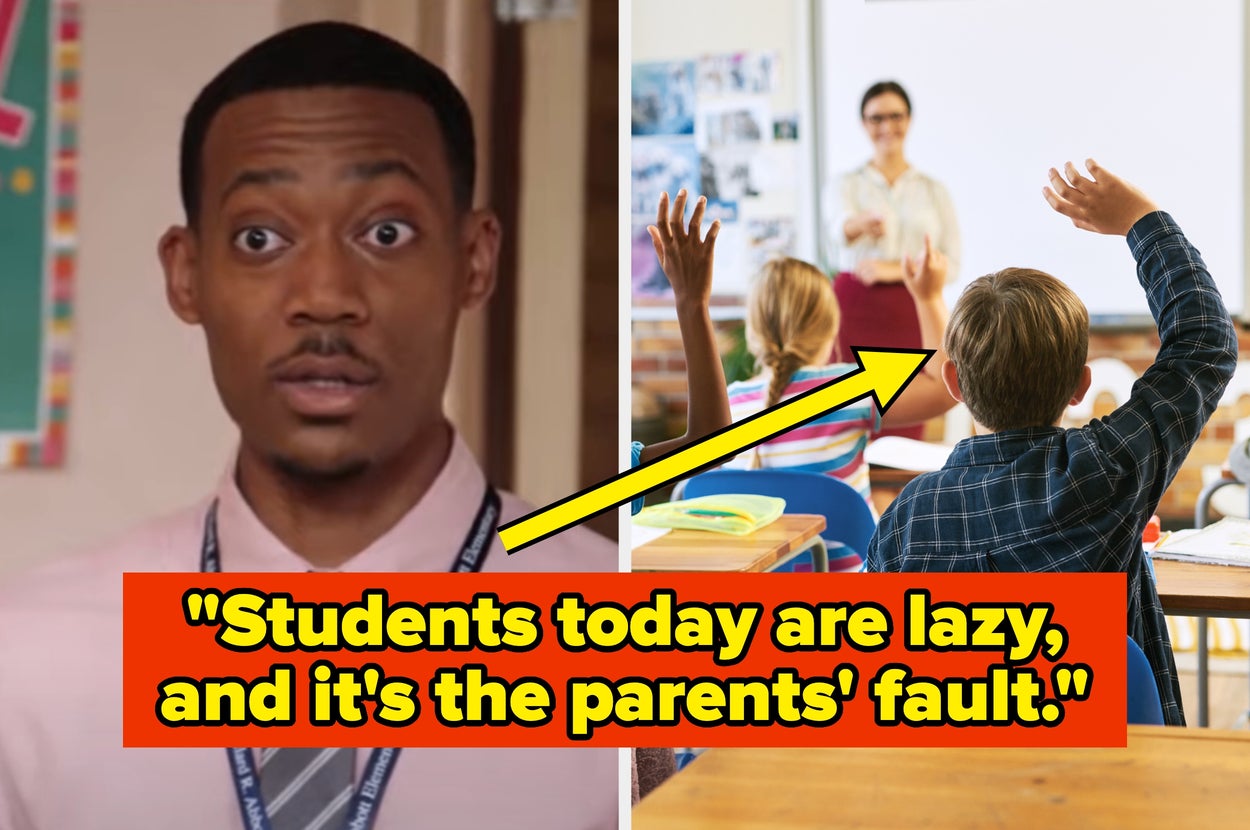
The Hidden Realities of Teaching: Insights from Educators
Teaching is often viewed as a straightforward profession, but the reality is far more complex. Educators across the globe have shared their experiences, revealing the challenges and misconceptions that many people overlook. These insights provide a deeper understanding of what it truly means to be an educator in today's world.
Misconceptions About Teacher-Student Relationships
One common misconception is that students see teachers as equals. A teacher recounted witnessing two incidents where students believed they had the same rights as their educators. For instance, a student argued that since teachers can have cellphones on their desks, he should be allowed to use his during class. Another student refused to attend class after being reprimanded, not realizing that some rules are non-negotiable. These situations highlight the need for clearer boundaries and mutual respect between students and teachers.
The Extent of Educational Expertise
Educators often face the challenge of being seen as mere babysitters rather than professionals with extensive training and knowledge. Many teachers emphasize that their role requires them to be lifelong learners, constantly updating their skills to meet the needs of their students. However, this expertise is frequently undervalued, leading to a lack of support and resources. Some educators warn that continued underfunding of public schools could result in a generation of students who struggle with basic literacy and critical thinking skills.
The Reality of Work Hours and Responsibilities
The notion that teachers work a standard 9-to-3 schedule is another myth. Many educators work well beyond these hours, often spending additional time planning lessons, grading assignments, and communicating with parents. One teacher shared that she works from 8 a.m. to 5 p.m. at school and then spends around two hours each night on work-related tasks. Additionally, teachers rarely get paid for weekend work, which can lead to burnout and dissatisfaction.
Challenges in Special Education
Special education teachers face unique challenges, including understaffing and the need to provide individualized support. An anonymous teacher from Connecticut described the chaos of working with special-ed preschoolers when substitutes are unavailable. This situation underscores the importance of adequate staffing and support for educators in specialized fields.
The Impact of Parental Involvement
Parental involvement plays a crucial role in a child's education. However, many educators express frustration with the lack of engagement from some parents. One reading interventionist noted that some parents avoid seeking help for their children, fearing judgment or stigma. This reluctance can hinder a child's progress and create a cycle of academic struggle.
Ethical Dilemmas in Grading
Some educators face ethical dilemmas when deciding how to grade students. One teacher from Arizona shared that it can be easier to pass struggling students rather than deal with the administrative burden of proper grading. This practice raises concerns about the integrity of educational outcomes and the pressures faced by educators.
Technology and Its Effects on Learning
The rise of technology has significantly impacted learning environments. Teachers report that students spend excessive amounts of time on their devices, leading to decreased reading and critical thinking skills. One educator noted that many students spend over 50 hours per week on their phones, which contributes to a culture of instant gratification and reduced academic engagement.
The Importance of Administrative Support
Administrative support is vital for educators to manage classroom dynamics effectively. A teacher recently quit mid-class due to overwhelming behavioral issues, highlighting the need for stronger support systems. When administrators stand behind their staff, it can make a significant difference in the teaching environment.
The Role of Parental Responsibility
Parental apathy is a growing concern in education. Many educators believe that funding alone cannot address the root causes of poor academic performance. Lazy parenting can lead to lazy students, creating a cycle that is difficult to break. Educators urge parents to take an active role in their children's education, fostering a culture of responsibility and effort.
Conclusion
The realities of teaching extend far beyond the classroom. From the challenges of managing student behavior to the pressures of administrative expectations, educators navigate a complex landscape. Their insights reveal the need for greater recognition, support, and collaboration between educators, parents, and policymakers to ensure a successful future for all students.